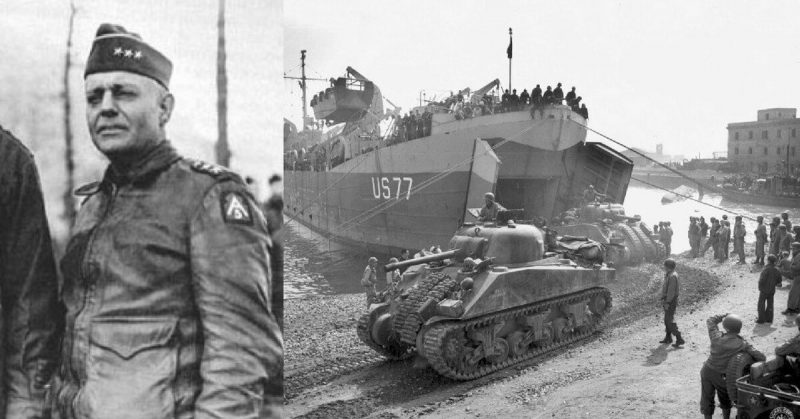There is no doubt that many officers during the two World Wars rose through the ranks on the basis of their experience and previous service. However, the need to staff a rapidly expanding army often led to men gaining their positions of authority far more rapidly than many had in previous conflicts. It’s worth noting that the Allied Commander, General Dwight Eisenhower, was in fact just a Colonel at the start of 1941.
However, there was one American General who would come out of WWII in 1945 as perhaps one of the most competent officers among the Allied forces, having been honed by experience instead of quickly elevated beyond his abilities. General Lucian Truscott began the war as a Colonel, but he earned the rank of General after he proved his worth in the field.
A Cavalryman from the Start
Truscott was born in 1895, in Texas, and initially he didn’t go looking for a career in the Army. However, when the United States entered into WWI, he felt duty-bound to enter the military and fight for his country. He was subsequently given the rank of second lieutenant of the cavalry.
As the war ended, he missed out on any direct combat experience, a fact that he believed would hamper his military career in the future. However, even without much previous experience in action, Truscott would remain in the military, eventually becoming one of the last cavalrymen of that age.
As the United States entered WWII, Truscott now held the rank of Colonel. Although he was moving steadily forward in his career, he didn’t see himself as a man destined for high rank of General. Not only did he lack combat experience, but he hadn’t attended the elite West Point academy; time spent there often pushed a man up to a higher rank than their abilities warranted.
Surprisingly, it was Truscott’s love of polo, the sport, that brought him his first practical taste of combat.
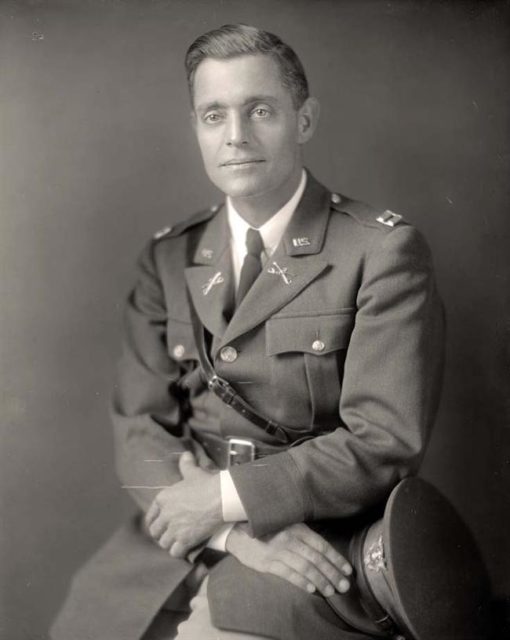
In early 1942, he was sent to Europe, with a group of officers, to gain combat experience. They were to work alongside British commando units under the command of British Admiral Mountbatten. Truscott was surprised at first that a cavalryman was selected to learn about amphibious landings, but it was later revealed that Admiral Mountbatten was himself a fan of polo, having even written a book on the subject.
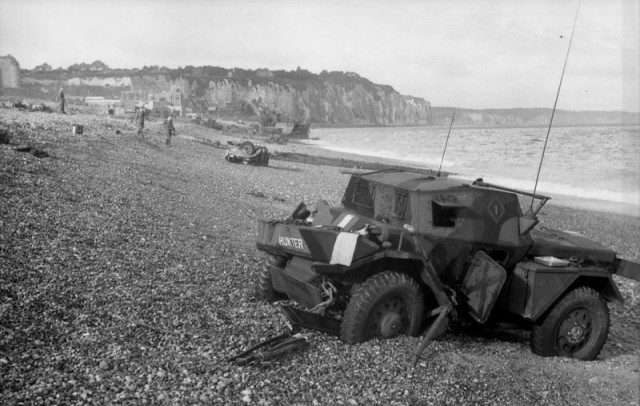
Eisenhower hoped that Truscott could make an early connection and bridge the gap between the two commands. Because of this unlikely connection, Truscott was the senior American officer present to observe the disastrous Dieppe raid in 1942.
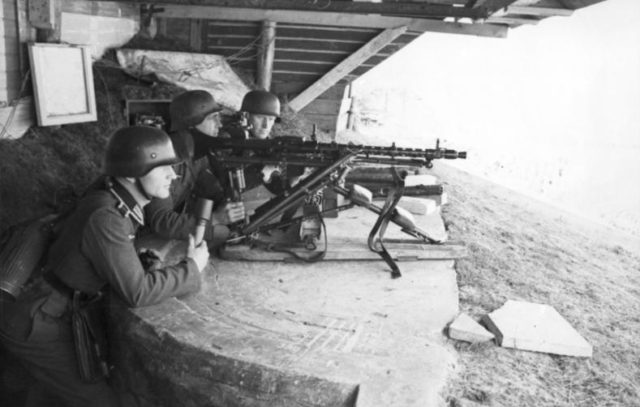
While the raid was less than successful, Truscott was more interested in learning from what he observed and applying it to minimize casualties in the future.
One Star at a Time
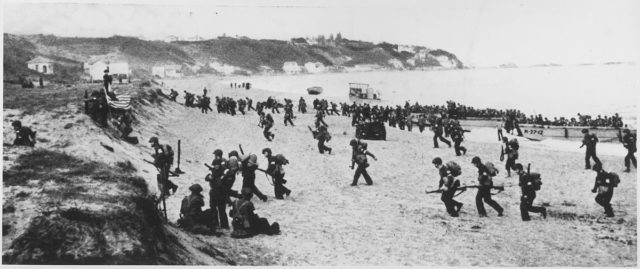
Now a General, in November 1942 Truscott would take what he learned from the failed Dieppe raid and apply it to the American landings in Morocco during Operation Torch. While the landings would succeed, Truscott still wasn’t happy with the lack of coordination in command that took place during an amphibious landing.
Fortunately, the enemy’s resistance was half-hearted at best, and these lessons could be learned at a much lower cost than they might have been under different circumstances. Due to his success, he earned his second star, after which Eisenhower would appoint him as a deputy commander with instructions to set up headquarters near the front.
In 1943, he took command of the 3rd Infantry Division, preparing them for the Allied invasion of Sicily. Realizing from previous experience that many American soldiers were not as well trained or prepared as their enemies, he pushed his own men to the limit beforehand, ensuring that their chances of surviving in battle would be greatly increased. He adopted the philosophy that an ounce of sweat spilled today might save a gallon of blood tomorrow.
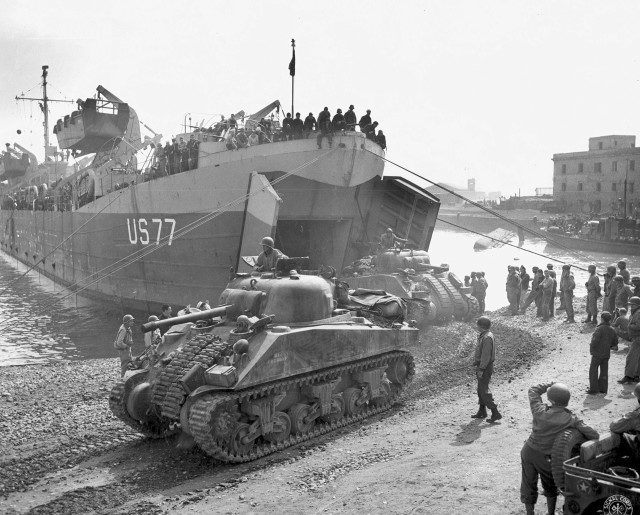
General Truscott thirsted for the knowledge gained by experience and he quickly became one of the most reliable Generals in the entire Army Command. When the campaign in Italy was faltering, they turned to General Truscott to take over VI Corps, after relieving the previous General of command.
Commanding VI Corps with efficiency and speed – the latter famously nicknamed the “Truscott Trot” – he was appalled when General Mark Clark rerouted forces to take Rome. Clark arguably did this for his own glory rather than for the good of the overall campaign. Truscott wanted no part of such a mission, and would have preferred to focus on winning the war and keeping American troops alive.
True to the End
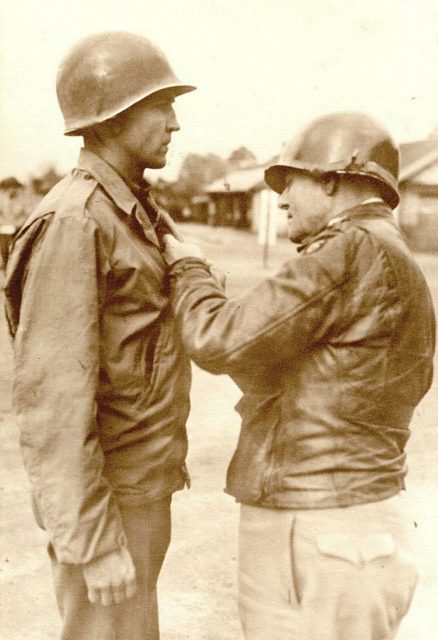
General Truscott would then take VIth Corps through the invasion of Southern France. There, for once, he finally saw an amphibious landing operate with the speed and efficiency he had always hoped for, ever since he observed the action at Dieppe. When General Clark was moved to a higher command, the Army turned to Truscott to take over the 5th Army. Truscott would continue to lead in a manner informed by previous combat experience, rather than his own ego.
On Memorial Day in 1945, General Truscott was asked to give a speech at the Sicily-Rome American Cemetery in Italy, where many of the fallen from the Italian campaign were buried.
When he took to the podium, he turned his back to the audience and fanfare and simply began to speak to the crosses of the fallen. Famed WWII cartoonist Bill Mauldin was present; he offered the following observations, summing up the character and abilities of General Lucian Truscott.
Mauldin wrote: “He apologized to the dead men for their presence here. He said everybody tells leaders it is not their fault that men get killed in war, but that every leader knows in his heart this is not altogether true.
“He said he hoped anybody here through any mistake of his would forgive him, but he realized that was asking a hell of a lot under the circumstances…. he would not speak about the glorious dead because he didn’t see much glory in getting killed if you were in your late teens or early twenties.
“He promised that if in the future he ran into anybody, especially old men, who thought death in battle was glorious, he would straighten them out. He said he thought that was the least he could do.”
